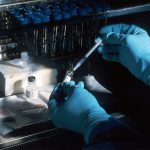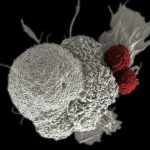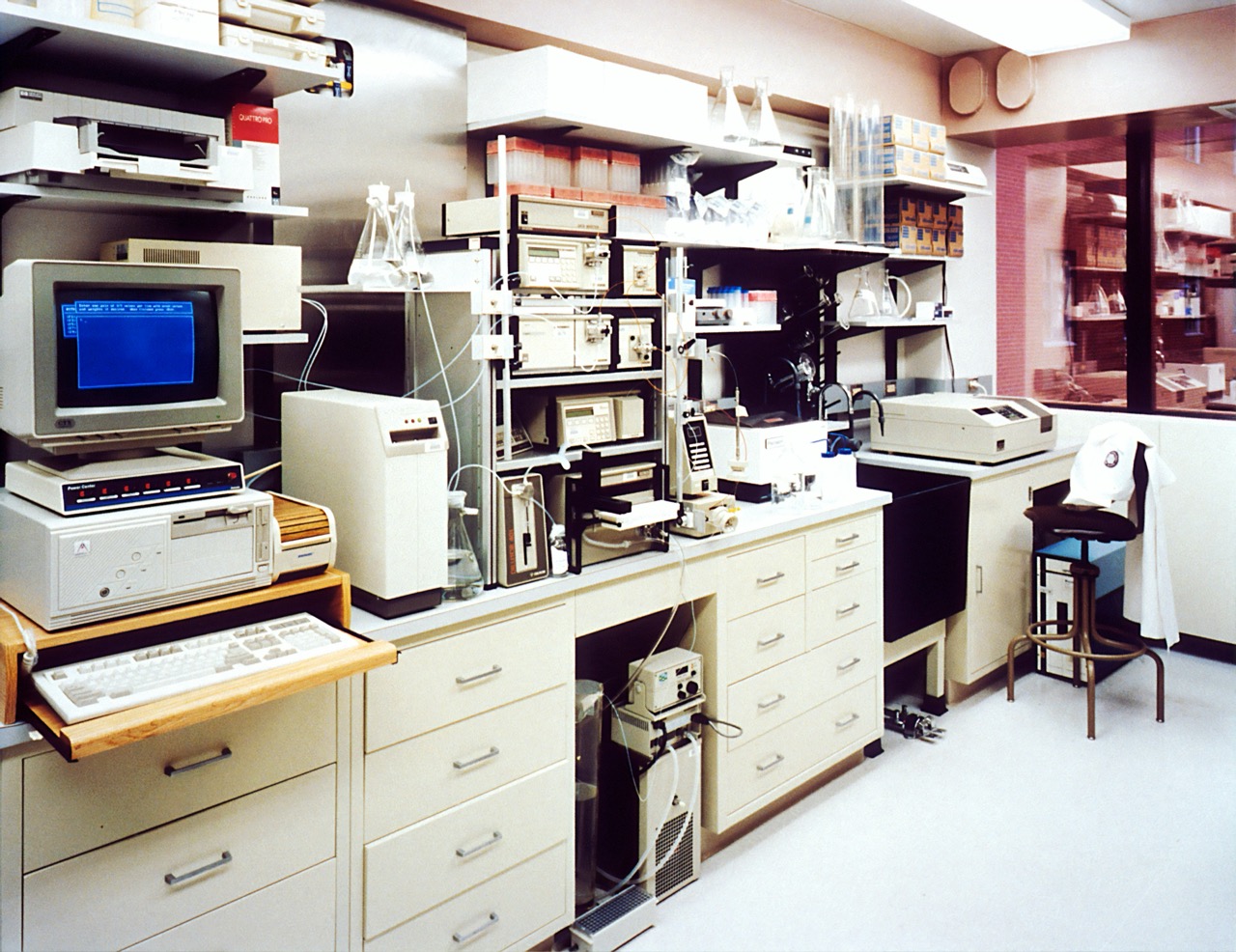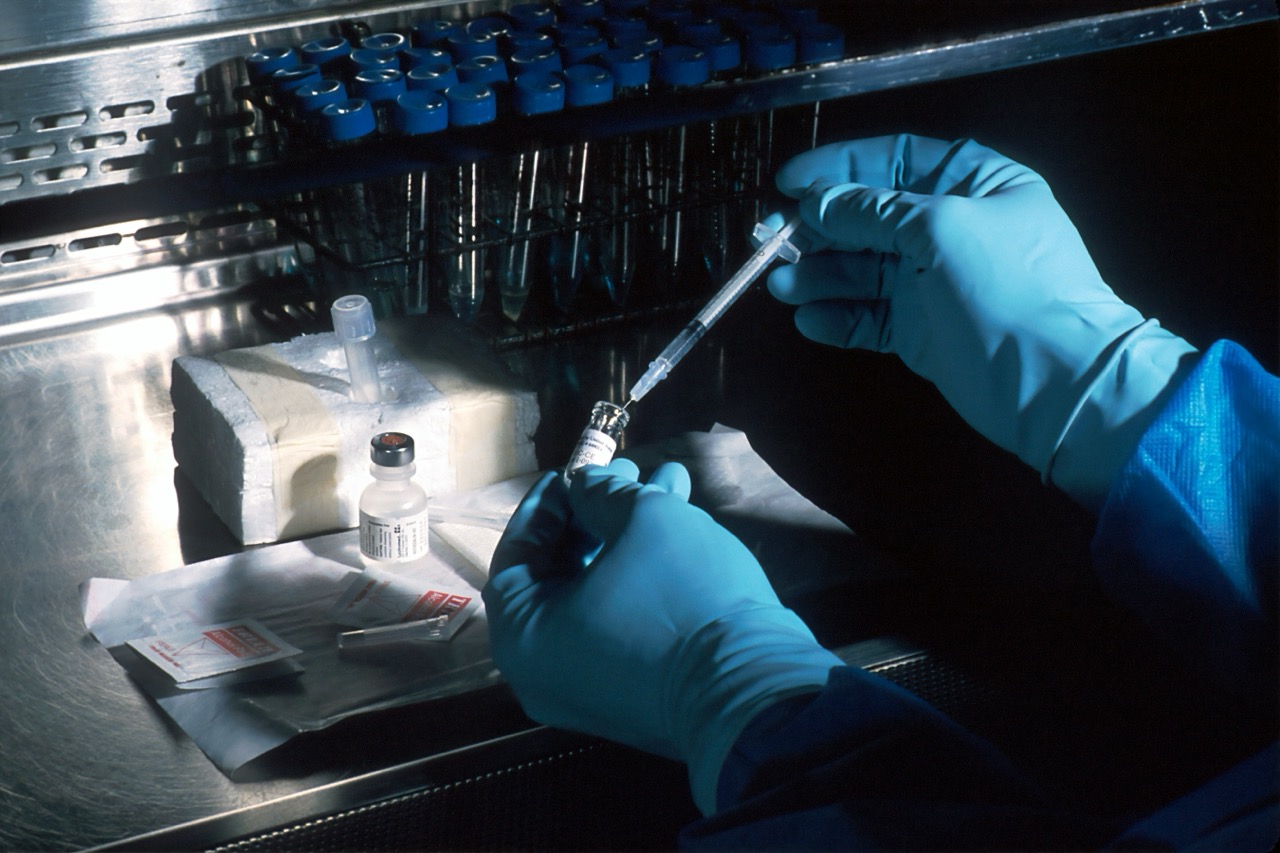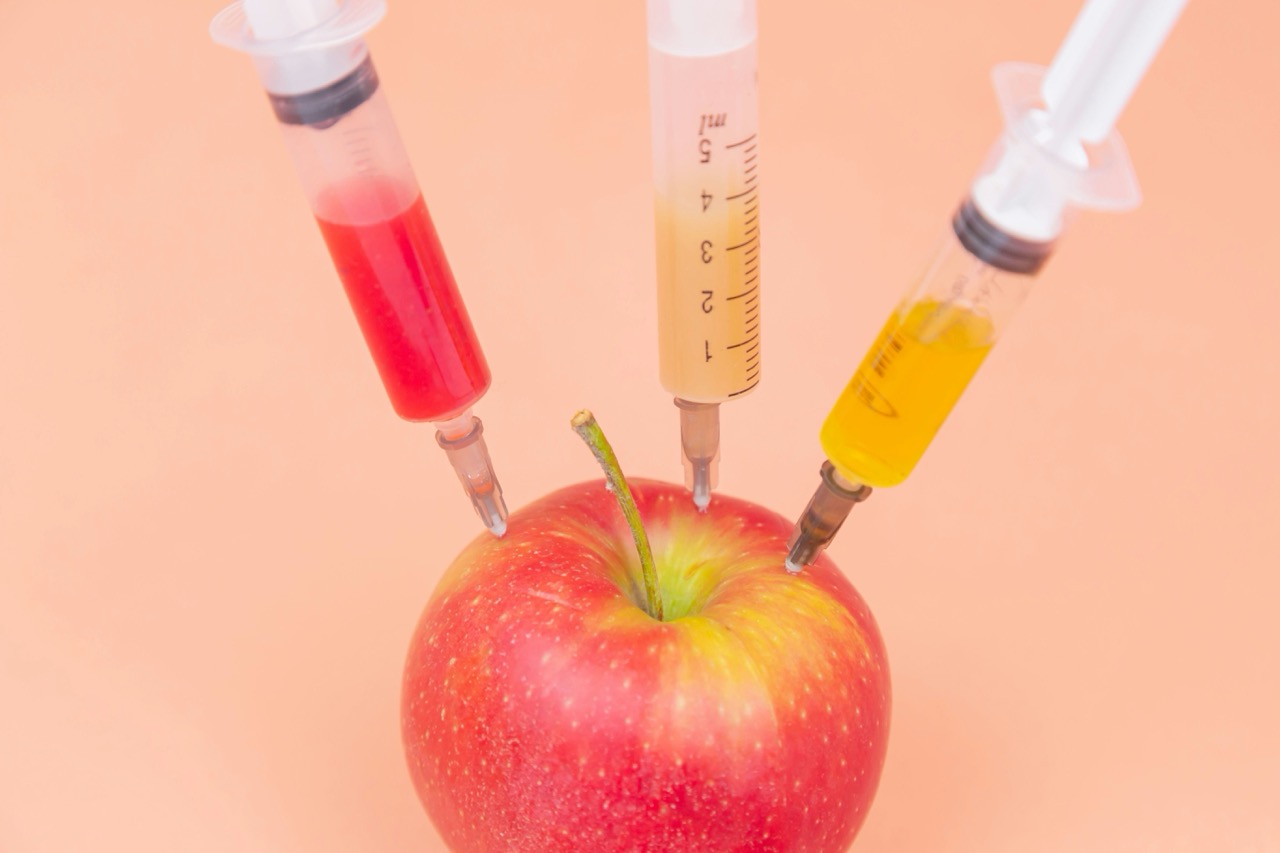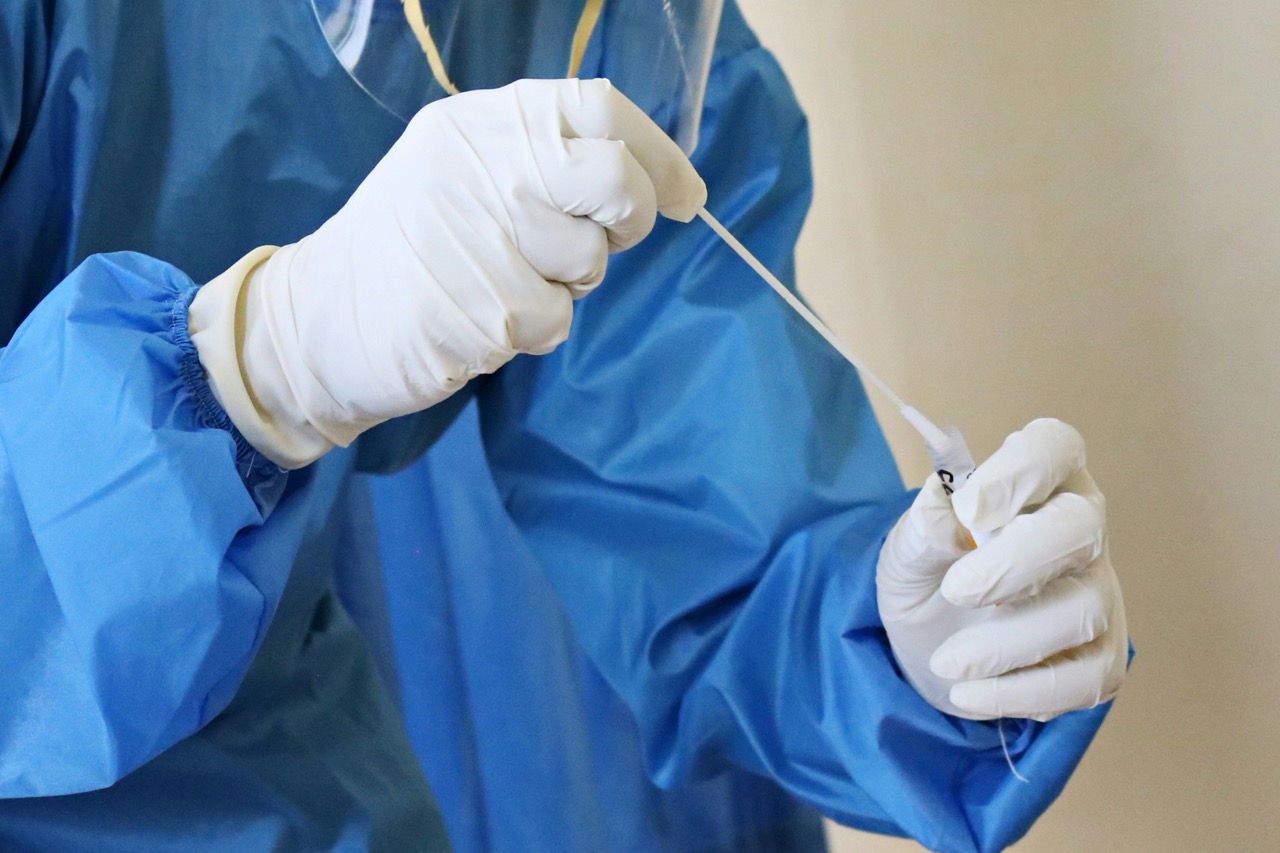A diagnosis of a sexually transmitted disease (STD) can dramatically alter an individual’s emotional landscape. It often brings about a complex interplay of feelings, including fear, shame, and anxiety. This article delves into the emotional impact of an STD diagnosis, exploring the stages of psychological response, social implications, and coping mechanisms that can aid in emotional resilience. Understanding these factors is essential for navigating the challenging journey that follows such a diagnosis.
Understanding STDs: Prevalence and Common Types
Sexually transmitted diseases (STDs) are infections typically spread through sexual contact. The Centers for Disease Control and Prevention (CDC) reports that millions of new cases are diagnosed each year in the United States alone, with many individuals unaware of their status. Common STDs include chlamydia, gonorrhea, syphilis, human immunodeficiency virus (HIV), and herpes. The prevalence of these infections underscores the importance of awareness and education, as many people are likely to encounter an STD at some point in their lives.
Recognizing the types of STDs helps in understanding the varying degrees of emotional and physical health implications associated with each. For instance, while some STDs can be easily treated, such as chlamydia and gonorrhea, others, like HIV and herpes, can have long-lasting effects. This information is crucial for individuals facing a diagnosis, as it can influence their emotional responses and perceptions about their future health and relationships.
Initial Reactions: Shock and Denial After Diagnosis
Upon receiving an STD diagnosis, individuals often experience intense emotional reactions. Shock is a common initial response, characterized by a sense of disbelief and confusion. Many people may feel as though the diagnosis is a mistake or a misunderstanding, leading to a phase of denial. This denial can serve as a protective mechanism, allowing individuals to momentarily escape the reality of their situation and the emotional turmoil it brings.
As time progresses, the initial shock may give way to a range of complex emotions, including anger and guilt. Individuals might grapple with questions about how they contracted the infection, who they may have exposed, and the implications for their relationships. This whirlwind of emotions can be overwhelming, emphasizing the need for appropriate emotional support during this challenging time.
The Psychological Toll: Anxiety and Depression Explained
The psychological impact of an STD diagnosis can be profound, often manifesting as anxiety and depression. Individuals may find themselves plagued by intrusive thoughts regarding their health status, the potential for future complications, and the stigma surrounding their condition. This anxiety can become a persistent concern, affecting daily functioning and quality of life. The fear of transmitting the infection to others can also lead to heightened levels of stress.
Depression may follow, characterized by symptoms such as persistent sadness, loss of interest in previously enjoyed activities, and isolation. The emotional burden of living with an STD can exacerbate feelings of hopelessness and despair, particularly if individuals struggle to find effective coping strategies. Recognizing these psychological effects is a crucial step toward seeking help and fostering resilience.
Social Stigma: Navigating Relationships Post-Diagnosis
Social stigma surrounding STDs can create significant barriers to emotional well-being. The fear of judgment or rejection often leads individuals to conceal their diagnosis from friends, family, and potential partners. This secrecy can exacerbate feelings of isolation and shame, making it challenging to seek social support. The stigma often perpetuates the misconception that individuals with STDs are irresponsible or promiscuous, further complicating their emotional state.
Navigating relationships post-diagnosis requires ongoing communication and vulnerability. While it may be daunting to disclose an STD to a partner, open dialogue is essential for building trust and understanding. Engaging in discussions about sexual health can foster a sense of connection and reduce feelings of loneliness, ultimately encouraging healthier relationships and emotional resilience.
Coping Mechanisms: Healthy Strategies for Emotional Resilience
Developing effective coping mechanisms is vital for managing the emotional impact of an STD diagnosis. Healthy strategies may include mindfulness practices, such as meditation and yoga, which can help individuals cultivate self-awareness and emotional regulation. Engaging in physical activity, maintaining a balanced diet, and ensuring adequate sleep also contribute to overall emotional well-being.
Additionally, finding creative outlets—such as journaling, art, or music—can serve as powerful tools for processing emotions and expressing feelings. Establishing a routine that includes self-care practices promotes a sense of stability and control, fostering resilience in the face of challenges. By actively engaging in these healthy coping strategies, individuals can better manage their emotional responses and navigate the complexities of living with an STD.
Support Systems: The Role of Friends and Family
A robust support system is crucial for individuals coping with an STD diagnosis. Positive relationships with friends and family can provide emotional support, reassurance, and encouragement during a difficult time. Those who share their diagnosis with trusted loved ones may find relief in discussing their feelings and concerns, fostering a sense of connection that counters isolation.
Educating friends and family about STDs can also help dispel misconceptions and stigma. When loved ones understand the realities of STDs, they can offer informed support, which can be immensely beneficial for emotional health. Open conversations about the diagnosis can strengthen relationships, leading to increased emotional resilience and a greater sense of community.
Counseling Options: Professional Help for Emotional Health
In some cases, individuals may find that the emotional impact of an STD diagnosis is overwhelming, necessitating professional help. Counseling can provide a safe space to explore feelings of anxiety, depression, and shame while offering strategies for coping with these emotions. Mental health professionals can help individuals work through their experiences, offering guidance tailored to their specific needs.
Therapies such as cognitive-behavioral therapy (CBT) can be particularly effective in reframing negative thought patterns and promoting healthier coping strategies. Support groups, both in-person and online, can also offer a sense of community and shared experiences, allowing individuals to connect with others who understand their journey. Seeking professional help can empower individuals to regain control over their emotional health.
Long-Term Emotional Effects: Living with an STD
Living with an STD can have lasting emotional implications, influencing self-esteem and mental health. Many individuals may struggle with feelings of shame or diminished self-worth long after their initial diagnosis. This emotional burden can hinder personal relationships and lead to ongoing anxiety about future intimacy and partnerships.
Over time, some individuals may learn to adapt to their new reality, developing resilience and a more profound understanding of their sexual health. However, ongoing emotional support and coping mechanisms remain essential to addressing the long-term effects of an STD diagnosis. By prioritizing mental well-being, individuals can pave the way for a healthier and more fulfilling life.
Empowerment Through Education: Knowledge as a Tool
Education is a powerful tool for empowerment, particularly for those managing an STD diagnosis. Understanding the infection, its transmission, and treatment options can alleviate anxiety and foster a sense of control. Knowledge about preventive measures, such as safe sex practices, can also help individuals make informed decisions moving forward.
Moreover, dispelling myths and misconceptions about STDs can combat stigma and facilitate open conversations with potential partners. The more individuals know, the better equipped they are to advocate for their health and well-being. This empowerment through education can significantly enhance emotional resilience and overall quality of life.
Self-Care Practices: Prioritizing Mental Well-Being
Engaging in self-care practices is essential for maintaining mental well-being after an STD diagnosis. Simple activities, such as setting aside time for relaxation, pursuing hobbies, or spending time in nature, can enhance mood and provide a much-needed respite from emotional stress. Prioritizing self-care also reinforces the message that one’s health—both physical and emotional—deserves attention and care.
Furthermore, establishing boundaries and recognizing personal limits can prevent emotional burnout. Individuals may benefit from incorporating regular check-ins with themselves to assess their emotional state and adjust self-care practices accordingly. By consistently prioritizing mental well-being, individuals can foster a more positive outlook and thrive despite their diagnosis.
The Importance of Open Communication with Partners
Open communication with partners about an STD diagnosis is crucial for building trust and understanding in relationships. Discussing one’s health status can foster intimacy and create a supportive environment in which both partners can express their feelings and concerns. This transparency not only helps to minimize anxiety but also allows for informed decision-making regarding sexual health.
While initiating these conversations may be challenging, addressing the topic directly can lead to healthier and more honest relationships. By committing to open dialogue, individuals can work together with their partners to navigate the complexities of living with an STD, ultimately strengthening their bond and emotional resilience.
Moving Forward: Embracing Life After Diagnosis
Embracing life after an STD diagnosis involves a multifaceted approach that includes emotional healing, education, and self-acceptance. Individuals can learn to navigate their health journey with resilience, focusing on the positive aspects of their lives while acknowledging the challenges they face. Acceptance of one’s condition can lead to personal growth and a renewed sense of purpose.
Furthermore, moving forward means recognizing that an STD does not define an individual. With the right support, education, and coping strategies, individuals can successfully manage their emotional health and maintain fulfilling relationships. Embracing life after diagnosis is about reclaiming one’s agency and pursuing a future marked by health, happiness, and connection.
The emotional impact of an STD diagnosis is profound and multifaceted, encompassing a spectrum of psychological responses and social challenges. By understanding these dynamics and employing healthy coping mechanisms, individuals can navigate their journey with resilience and hope. Enhanced education, support systems, and open communication are essential components in fostering emotional well-being and ultimately embracing life after diagnosis. Through empowerment and self-care, individuals can transform their experience into a catalyst for personal growth and fulfillment.
